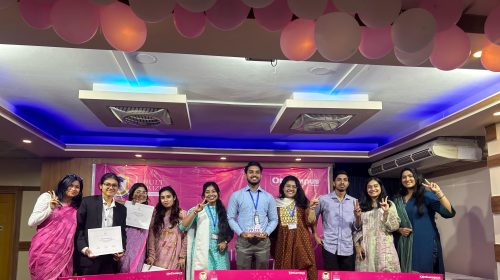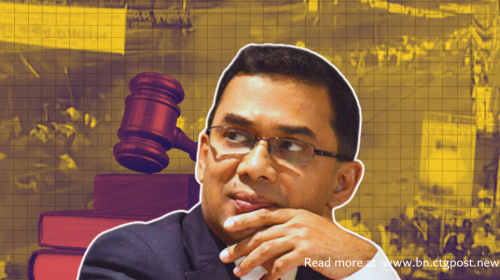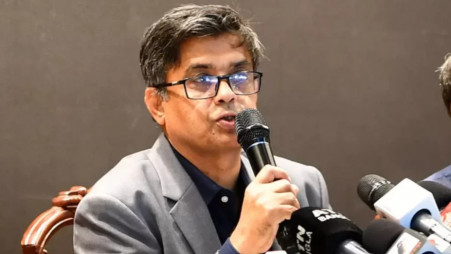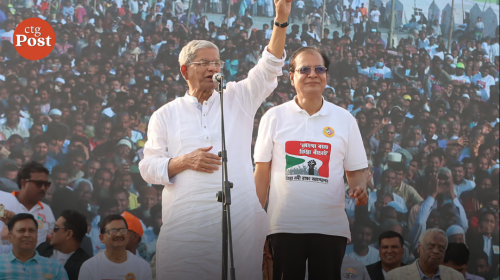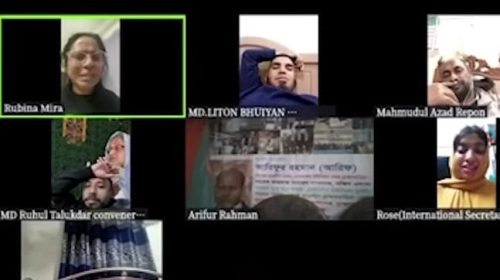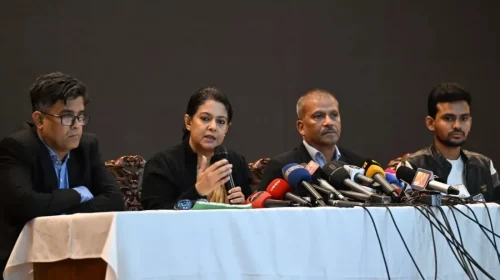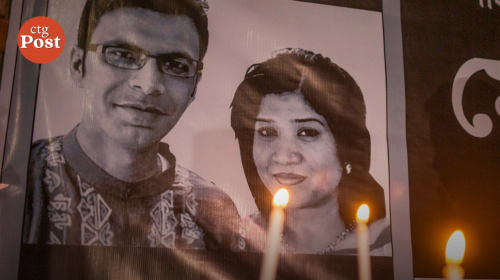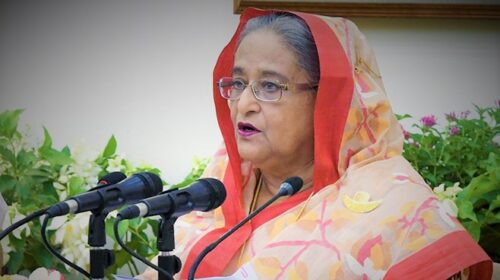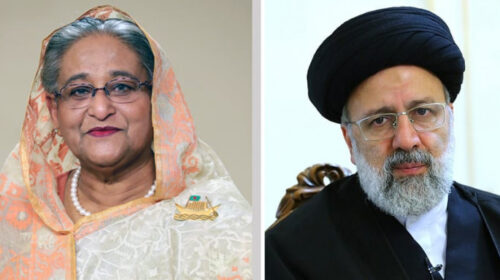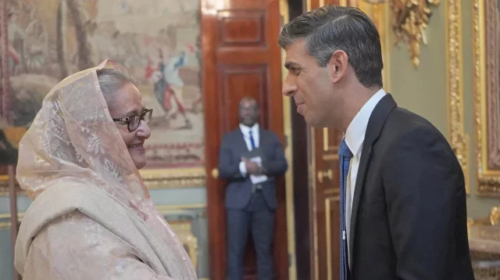Speakers at a dialogue on Saturday said Bangladesh has a big potential in digital economy but it cannot seize the opportunity for absence of adequate policy, economists, policymakers and IT experts.
They made the remarks during a dialogue on ‘Taxing the Digital Economy: Trade-offs and Opportunities,’ organized by Centre for Policy Dialogue (CPD) is association with the European Union.
Member of the Parliamentary Standing Committee on the Ministry of Finance and member of the Parliamentary Standing Committee on Ministry of Foreign Affairs Kazi Nabil Ahmed attended the dialogue as chief guest.
According to Kazi Nabil Ahmed, “Large institutes like Facebook and Google are doing business in the country but they have their shadow here; not the body. It has made it difficult to tax them. They must have their local representative in Bangladesh.”
“The government is working to build a Smart Bangladesh. Smart Bangladesh will be 100% digitalized and paperless. Everything from revenue collection to administrative operations will be automated,” he added.
At present, non-resident digital service providers are not under the tax net of the NBR and they are not liable to submit their tax returns in Bangladesh. They do not have any TIN.
“Legal provisions will need to be put in place for non-resident businesses to get Taxpayer Identification Number (TIN) in order for them to submit tax returns,” CPD Distinguished Fellow Prof Mustafizur Rahman said while presenting a paper.
This should be addressed by taking required initiative in the upcoming finance act for the Fiscal Year (FY) 2023-24, he pointed out.
Prof Mustafizur Rahman said that we’ve entered IMF programme, where some targets have been set for us. We’ve to mobilize Tk 2.5 trillion new taxes in the next three years.
He also said that in 2022, size of e-commerce market was $6.6 billion which will rise to $10 billion in 2026.
“Now time has come to rethink tax exemptions given to 28 IT sub-sectors. Many large local companies are giving advertisement on Facebook and Google. Although they are paying VAT but not Tax, which has sparked movement across the globe,” added Prof Mustafizur.
He recommended ensuring transparency in digital economy, putting in place legal framework for F-commerce, introduction of new service code, automation of NBR and introducing Paypal service in the country, among others.
The number of e-commerce platform is some 2,500, 95 percent of which are small in size. There are some 4,500 software companies in the country and more than 400 of them exports software in more than 80 countries, said E-CAB data.
Bangladesh is now at the 8th position in terms of freelancing with some 36,800 people engaged in the job, while the number of OTT subscribers is set to cross 10 million by 2027.
But there is no actual data about the revenue generated by Google, Facefook and You tube from advertisements, the dialogue was informed.
BASIS director Habibullah Niamul Karim said that in near future there will be no division between formal and digital economy, adding that revenue should be collected from some small and medium companies which are involved in cross border transactions like Google and Facebook.
Dr Debapriya Bhattacharya suggested developing proper business model to cash in on the digital economy potentials, citing that digital transactions are very small, which makes it hard to collect revenue from each transaction.
He also called for making tax collection system from digital economy transparent, neutral, fair, efficient and simple.
Speakers said NBR’s capacity must be increased and its activity should be made fully automated to raise tax collection and raise tax-GDP ratio.
They questioned about the effectiveness of tax exemptions and incentives enjoyed by different sectors and called for bringing reforms to the NBR.
Lawmaker Ahsan Adelur Rahman also spoke at the event moderated by CPD executive director Dr Fahmida Khatun.



